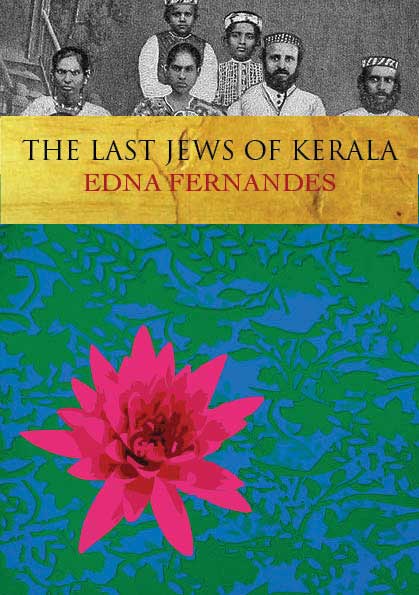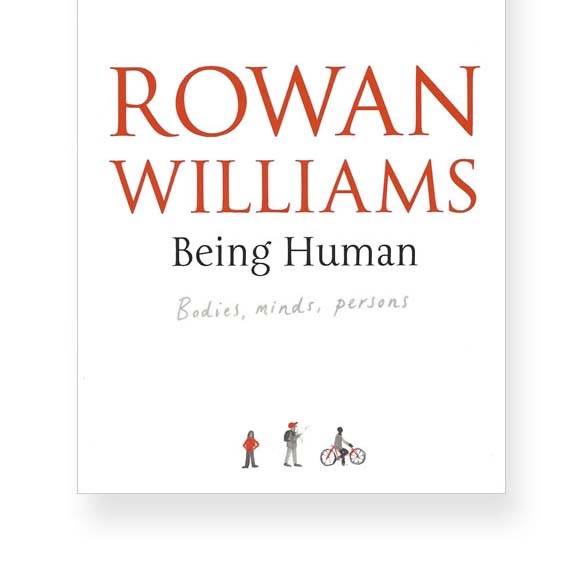 From the outset The Last Jews of Kerala promises much: “Imagine if one had been able to witness the end days of the people of Easter Island, the Mayans of Central America…” Yet the community to which Fernandes introduces us, twelve elderly members of the tribe washed up – in every sense of the words – in the historic South Indian port of Cochin, does not feel like the remnants of some once great ancient civilisation. In fact, by her own admission, they are “defensive, introspective and wary of strangers to the point of paranoia.” To this list she might well have added “not very nice” and, regrettably, “not terribly interesting”.
From the outset The Last Jews of Kerala promises much: “Imagine if one had been able to witness the end days of the people of Easter Island, the Mayans of Central America…” Yet the community to which Fernandes introduces us, twelve elderly members of the tribe washed up – in every sense of the words – in the historic South Indian port of Cochin, does not feel like the remnants of some once great ancient civilisation. In fact, by her own admission, they are “defensive, introspective and wary of strangers to the point of paranoia.” To this list she might well have added “not very nice” and, regrettably, “not terribly interesting”.
It is hardly surprising: these twelve “white” Jews – and the score or so more “black” Jews on whom the former still contrive to look down – perhaps inevitably have narrow horizons and little ambition. Two of the “whites” are so reclusive that our author never even meets them, another is bedridden and all but a few refuse to talk to her or clearly say little of interest.
Even the most engaging character, Gamy Salem – an honorary white by virtue of marriage, the son of the so-called “Jewish Gandhi” – comes across as pretty unpleasant. His character comes to life when he tells the story of what he calls “fools one and two”, a father and son from a low caste Hindu background, who are converting to Judaism in the hope, we are told, of inheriting the money and house of one of Jew Town’s elderly matriarchs. She is stringing them along as they bring her fresh fruit and vegetables fortnightly, but – as a father of a young Jewish male – it is hard to share Gamy’s delight at the desperation which leads the 16-year-old son to have himself circumcised.
The small world views of the remaining inhabitants of Jew Town mean that Fernandes has to turn elsewhere for meaningful commentary on their plight. As a result the story – whilst told at a cracking pace and with the easy accessibility one would expect from an experienced journalist – veers, often uncomfortably, between a series of colourful interviews, a historical pamphlet and a travelogue.
The historical section occupies a mere 40-odd pages at the heart of the book. Here, we learn everything there is to know about how this unhappy community came to this strange land and how it survived for the best part of three thousand years.
Unfortunately, “everything there is to know” is not much. The question is posed whether the Jews of Kerala are one of the lost tribes of Israel, but there is no answer. We learn that, for most of the time, the Jews of Kerala have lived in harmony with their Hindu, Muslim and Christian neighbours, but there is no exploration of how they have staved off assimilation and no mention of the Jewish Christian converts who were shunned by the wider community. Nor does Fernandes tell us about the Cochin Jews’ strange mix of Indian and Jewish traditions, their unique language, and diversions from mainstream Orthodox Jewish practice, which might in turn tells us more about their roots and history.
Furthermore, poor editing means that the skeletal nature of this history is unduly emphasised by the repetition of the few known facts, which left me thinking that surely there must be more.
But the most frustrating element of the book comes from the final interviews, not in India but in Israel. Here, Fernandes interviews members of Israel’s Indian Jewish community who left the relative safety and comfort of Kerala for the dynamism, danger and unpredictability of the Jewish homeland. Her journalistic roots come to the fore as Fernandes expertly explores, with these far more engaging characters, what motivated them to leave and touches upon their successes and failures, while hinting at the broader issue of the ambiguous status of Israel’s black and ethnic minority Jews.
Herein, for me, lies the substance of an altogether more engaging and, ultimately, more satisfying book. Unfortunately, it’s not this one.
The Last Jews of Kerala is published by Portobello. Click here to read Edna Fernandes's response to this review.

